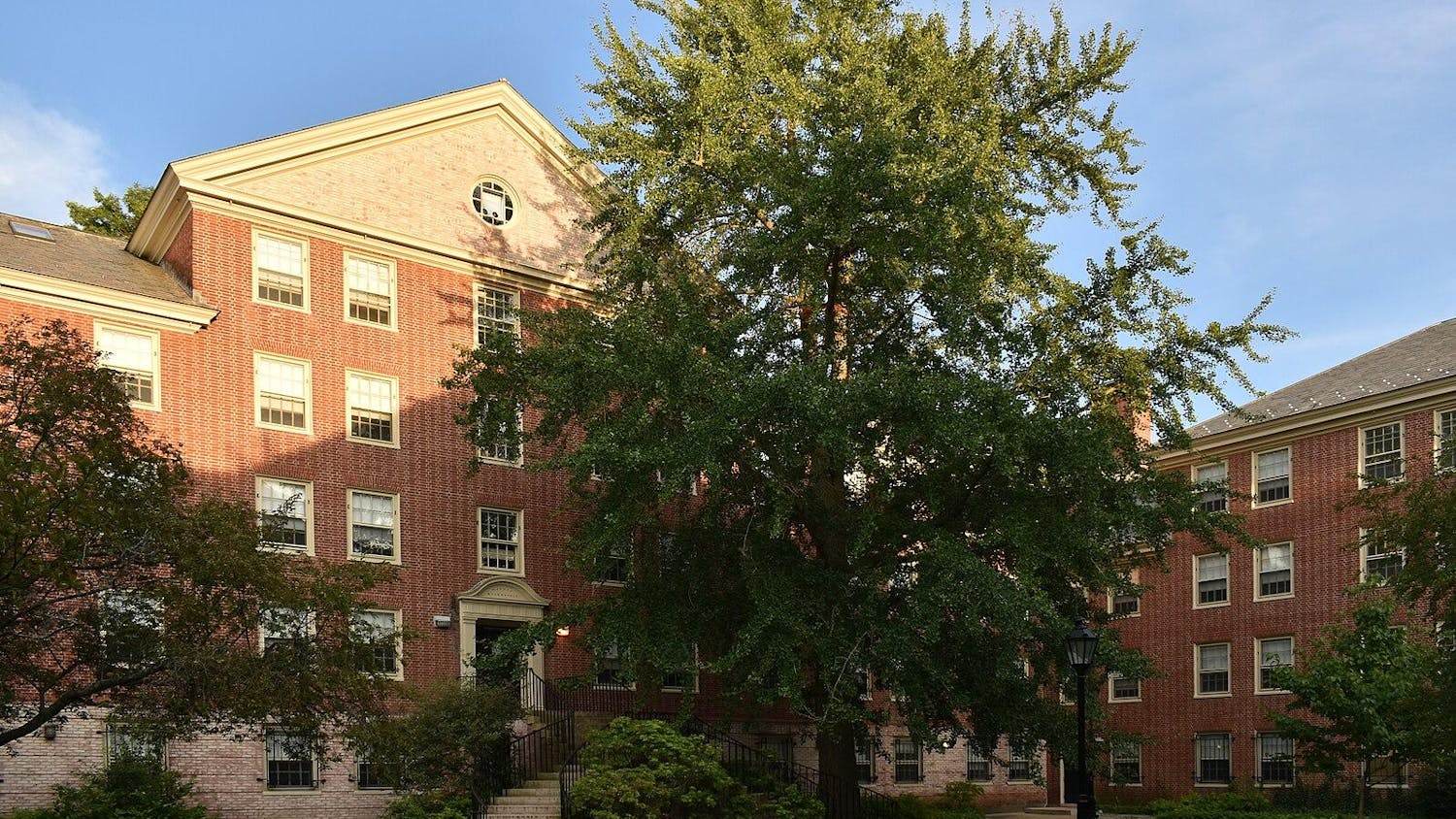The Main Green has gotten a little greener, according to the rules and regulations of the U.S. Green Building Council's Leadership in Energy and Environmental Design. The LEED program recently awarded Rhode Island Hall, the fourth oldest building on campus, a gold certification.
The LEED certification program is a way to mark the level of sustainability of any project, such as the renovation of Rhode Island Hall, according to Nick Winton '85, principle in charge of design for Anmahian Winton Architects, which designed the $12 million renovation. As part of the program, a project can receive a simple, silver, gold or platinum certification.
To reach the benchmark of gold certification, the construction and renovations received an overall 42 points out of a possible 69, according to the Department of Facilities Management website. The building was awarded the maximum amount of points in the category for innovation and design.
Gold certification was not the explicit goal for the renovation project, Winton said. The University's first commitment for this and any new project is to establish 20-25 percent more efficiency than code standards. The Rhode Island Hall renovation aimed to achieve this and a silver certification from the LEED program. Its gold certification is the first such award given to Brown.
Though the newly renovated hall sets a high standard, the building's sustainability is not always visible. "The architecture really comes first, and the sustainable design came alongside it … LEED gold is just part of that equation," Winton said.
The designers aimed to create a space with low consumption of easily replenishable materials and good use of natural light. "The deployment of daylight is an important feature of sustainability," Winton said.
Winton said when he was working on the hall, he wanted to "extend its life indefinitely." By doing this with already existing buildings that are integral to the look of the campus, the University "says we know that we can transform and reinvent our building stock," Winton said.
Following the renovation, the Hall was rededicated last fall and now houses the Joukowsky Institute for Archeology and the Ancient World. Members of the Joukowsky Institute say they are happy with the new home for their program.
Throughout the renovation, the architects held weekly meetings with the Institute to involve them in planning, said Susan Alcock, director of the Joukowsky Institute and professor of classics. "I give full marks to Brown and the architects for involving the people in the space," she said.
The Hall is the first gold-certified building on campus, but the University has other plans for LEED certification in the works. Metcalf Hall is targeted to receive a silver certification, according to Ginger Gritzo, energy and environmental programs coordinator for Facilities Management. This goal will make Metcalf 28 percent more efficient than code standards, Gritzo wrote in an e-mail to the Herald.
While the points given to the Rhode Island Hall project by the LEED program are not always visually apparent, it "does pay off in the long run to have greener buildings," said emPower Steering Committee member Ben Howard '11. Like Winton, Howard said that working with the buildings and systems already in place was the best method. Mainly, the University should "keep it green as possible," he said.




